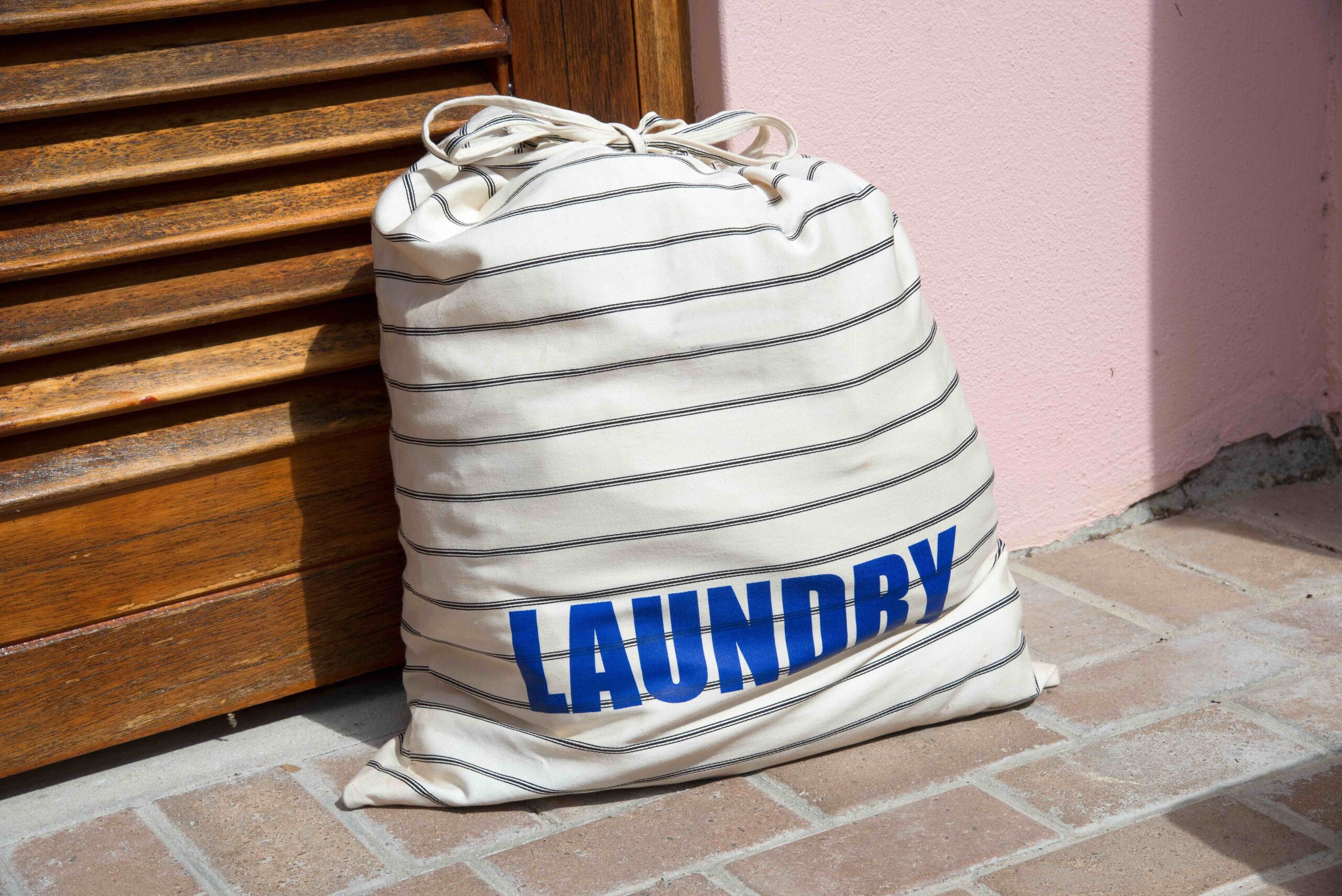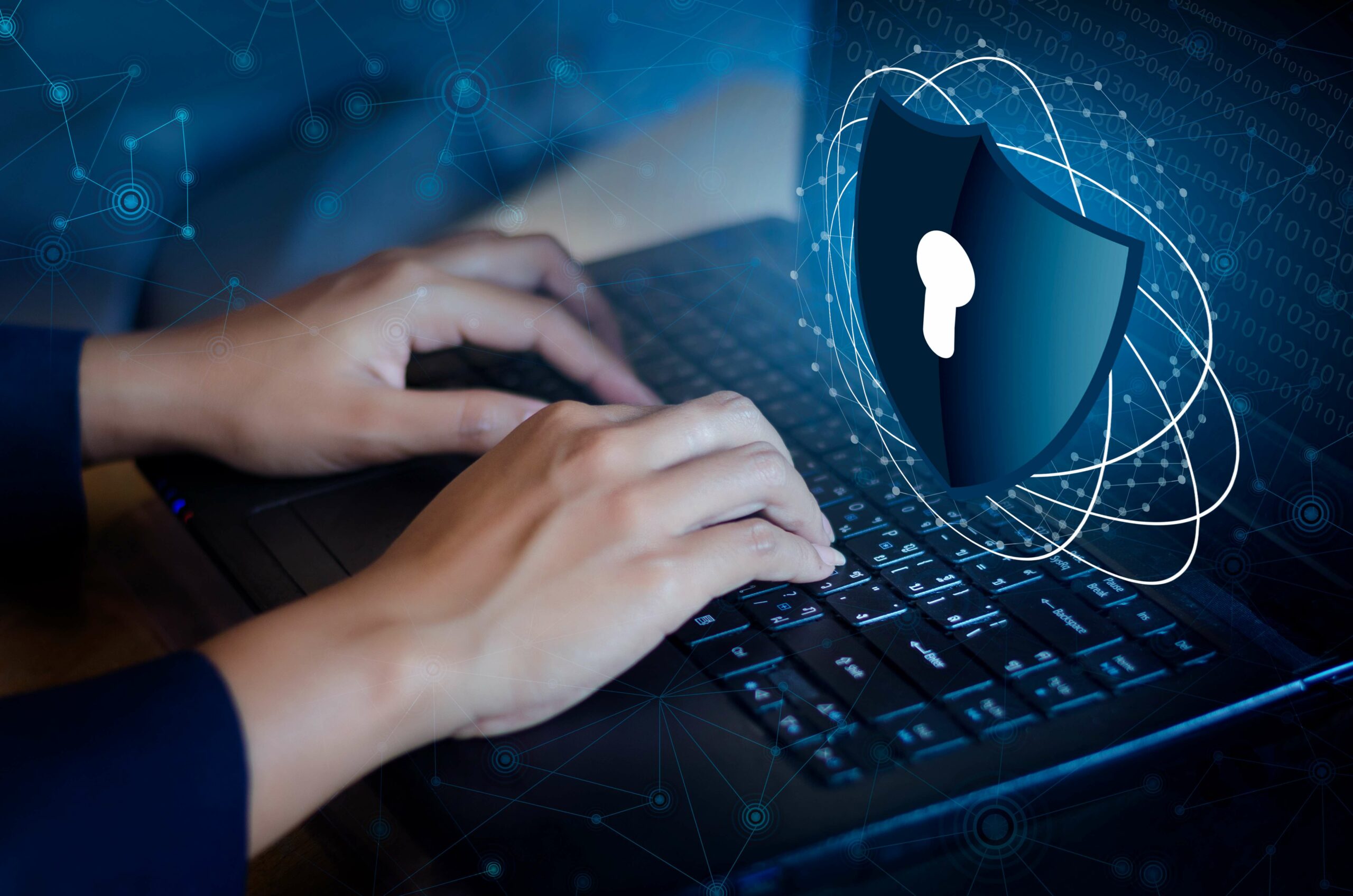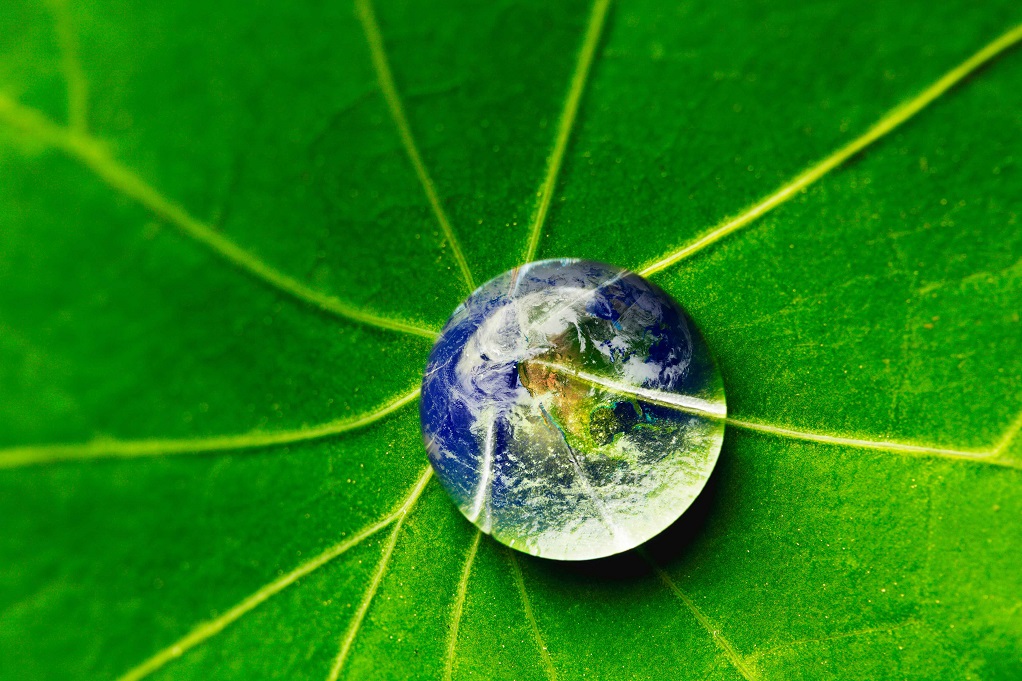Water is an essential resource for all life on Earth. However, with the world’s population growth, climate change, and overexploitation of resources, water scarcity has become a pressing issue. It’s estimated that by 2025, two-thirds of the world’s population may face water shortages. Therefore, conserving water is not just a matter of environmental protection, but also a critical step towards sustainable development and social equity.
Despite being a global concern, water conservation begins at the individual level. Each of us has a role to play in using water responsibly and reducing wastage. This blog post aims to shed light on the importance of water conservation and provides practical tips and technological solutions to save water in our daily lives. Let’s dive in and explore how every drop matters!
Water conservation is not just about saving water; it’s about ensuring a better future for our planet and the generations to come. Understanding why each drop matters is the first step towards making a difference. So let’s take a closer look at why water conservation is so crucial.
Why Every Drop Matters
The environmental benefits of conserving water are immense. Freshwater ecosystems are vital to biodiversity, offering a habitat for various species. By using less water, we can help maintain these ecosystems and protect the animals and plants that depend on them. Additionally, water treatment and distribution require energy, often from fossil fuels. Therefore, by saving water, we are also reducing energy consumption and contributing to the fight against climate change.
From an economic perspective, water is essential for agriculture, industry, and energy production. By conserving water, we can ensure more sustainable and resilient economies. Reduced water usage means lower utility bills for households and lower operational costs for businesses. Plus, investments in water-efficient technologies can stimulate job creation and economic growth.
Water conservation also plays a critical role in community resilience. In many regions, water scarcity leads to conflicts and displacement. By using water more efficiently, communities can better withstand droughts and other water-related crises. This is particularly crucial in the face of climate change, which is expected to exacerbate water shortages in many parts of the world.
Daily Habits for Water Conservation
There are numerous ways to save water in our daily lives. In the bathroom, consider taking shorter showers, using a low-flow showerhead, and turning off the faucet while brushing your teeth. You could also install a dual-flush toilet or place a water-saving device in your toilet tank to reduce the amount of water used per flush.
In the kitchen, try to only run your dishwasher when it’s full, and scrape plates rather than rinsing them before loading. You can save water by soaking pots and pans instead of letting the water run while you scrape them clean. Also, consider keeping a jug of drinking water in the fridge, so you don’t have to run the tap to get it cold.
For the garden, choose drought-tolerant plants that require less watering, and water your garden during the cooler parts of the day to reduce evaporation. Implementing a rainwater harvesting system can also provide water for your plants without using the tap. With these simple habits, you can significantly reduce your water usage and make a positive impact on water conservation.
Technological Solutions for Water Conservation
Technology can play a significant role in helping us conserve water. Water-efficient appliances and fixtures, such as low-flow showerheads, dual-flush toilets, and high-efficiency washing machines, can greatly reduce water usage in our homes. In fact, replacing an old washing machine with a high-efficiency model can save thousands of gallons of water each year.
Smart home technology is another area where we can leverage to save water. Smart irrigation systems can optimize water usage for our gardens based on factors such as weather forecasts and soil moisture levels. Leak detection devices can alert us to water leaks that may otherwise go unnoticed, helping to prevent water wastage.
Moreover, more sustainable water management systems like rainwater harvesting and greywater recycling can be implemented in our homes. Rainwater harvesting involves collecting and storing rainwater for uses like irrigation, reducing our reliance on municipal water supplies. Greywater systems recycle water from sinks, showers, and washing machines for uses such as flushing toilets and watering gardens, further decreasing our freshwater usage.
Advocating for Water Conservation
Educating others about water conservation and advocating for change at community and policy levels is a vital part of addressing water scarcity. School programs, community workshops, and public campaigns can help raise awareness about the importance of saving water and equip individuals with the knowledge and tools to do so. Every discussion, every lesson, and every shared tip can help create a culture of water conservation.
Policy changes and government regulations can also significantly impact water conservation. Advocacy can involve promoting policies that encourage water-efficient practices and technologies, such as mandatory water efficiency standards for appliances or tax incentives for water-saving home improvements. Regulations can also be implemented to manage water resources more sustainably, such as measures to protect watersheds and prevent water pollution.
Furthermore, businesses have a key role to play in water conservation. Encouraging corporate water stewardship can lead to more sustainable business practices, from improving water efficiency in production processes to managing water resources responsibly in the communities where businesses operate. By holding corporations accountable, we can drive progress towards global water conservation goals.
Water conservation is a pressing issue that demands our attention. From adopting water-saving habits in our daily lives to leveraging technological solutions, every action counts. As we’ve seen, every drop matters – for our environment, our economies, our communities, and our future.
While the challenge is significant, the power of collective action is immense. Through education, advocacy, and individual action, we can make a meaningful difference in conserving our planet’s most precious resource. The journey towards a more water-secure world starts with us, and it starts with every drop saved.
Let us continue to be mindful of our water usage, explore new ways to conserve, and spread the word about the importance of water conservation. Together, we can ensure a sustainable and resilient water future for all.






